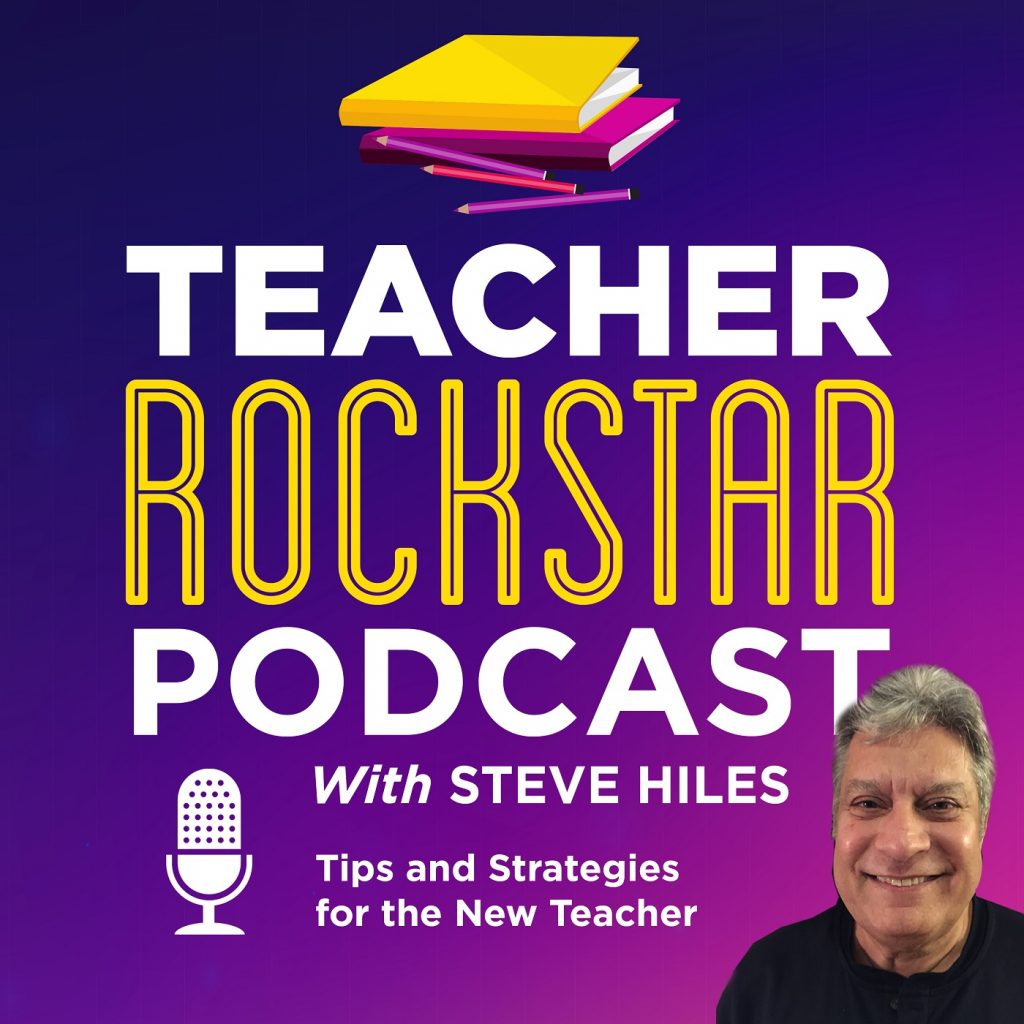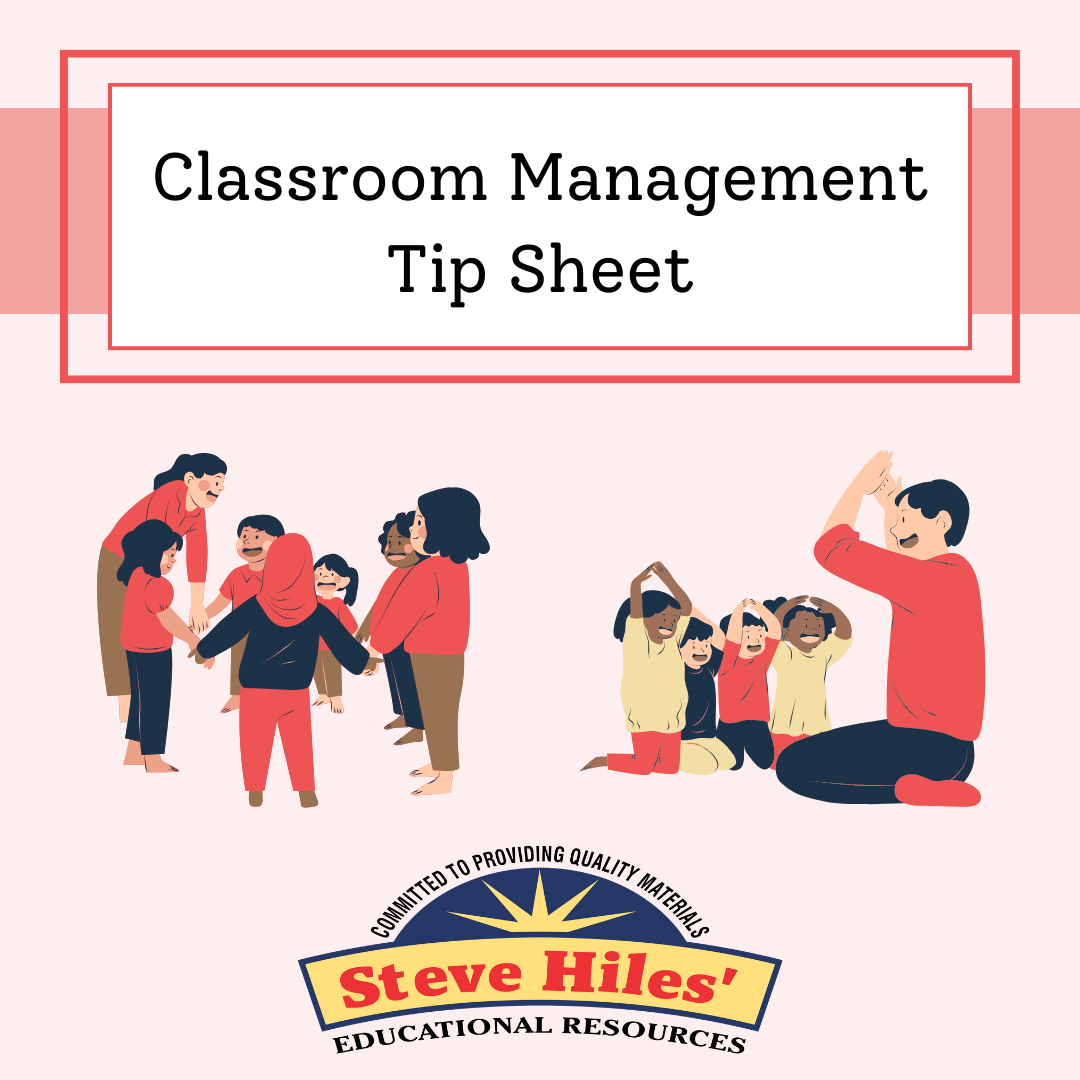Being a teacher is a job that’s more rewarding than any other profession and those who willingly choose this profession will agree, you not only get to gauge individuals from all the backgrounds but It is in your hands how their future will turn out.
Although you are passionate and excited about starting your new job as a teacher things are not as easy as submitting your portfolio and getting hired next week.
A misunderstanding new teachers may have is that they believe being a teacher in college or high school is hard since the curriculum is more demanding.
Being a teacher in primary school can be equally hard If not more, students are still developing their social skills, they have yet to understand the performance and this is the stage where you realize not all kids in a group are equally capable.
But the most important thing new teachers need to focus on and sadly quite a few learn the hard way is preparing for the interview.
Even if you think you have it all together, the interviewers are very experienced and even if you say the right thing in the wrong way it impacts your chances of getting the job.
So here are some of the frequently asked questions most teachers will be asked in their first interview, and some appropriate answers you should practice.
This not the ultimate guide or a hack to pace through your next interview, but an in depth idea of how interviews are conducted and what is the kind of answer the interviewer expects from you to consider hiring you.
Before we start though, here is a set of small tips that you need to be aware of when preparing for an interview:
Research the school online and talk to teachers. Learn their challenges.
Brainstorm times you’ve solved problems like theirs.
Practice sample teacher interview questions. Write up your answers and drill with 3×5 cards. When possible, describe a problem you once faced, an action you took, and a positive result you achieved.
Gather materials like a lesson plan, Praxis scores, and transcripts. Include images as proof of your accomplishments.
Prepare a packet for each person with your current resume.
The best way to answer questions on any job should be to use the STAR approach, it should have a situation, a task, an action and a result.
Make sure to write a small answer on a piece of paper along with the question and compare it with what is considered the optimal answer to gauge where you stand and to identify the areas that need practice.
Table of Contents
ToggleI will be sharing 10 questions for you to consider
Q1: Why Do You Want to Be a Teacher?
This is the most frequently asked question and in many cases it is the first thing you will hear in an interview.
The interviewers want to see beyond your exceptional resume and degree, they want to see what motivates you, what is the reason behind you choosing this field, and if you can perform up to par with respect to your qualifications.
If your answer is going to be “to help people” it is not going to be enough, however if you explain why, and how you want to help people by describing the Purpose– it changes everything.
Here is an example of what your answer should be.
You can start with a story from your experience when you were a student and how a certain teacher helped you get through a course or perhaps a class which marked an impression deep enough so you have decided to help students today the same way.
Q2: What is your teaching philosophy?
This question has several different phrases like are you a good fit for this school, and these questions are equivalent to tell us about yourself.
Before saying a word know what the school’s philosophy that you’re applying for is. Take the time to learn about that school’s philosophy and make it a part of your interview preparation.
Take this answer for an example. I believe in teaching to each student’s passion. For instance, in one kindergarten class, my students had trouble with punctuation. I observed that one student, Mary, suddenly got excited about apostrophes. I fueled her passion with a big book on punctuation. Her enthusiasm was contagious, and soon the entire class was asking bright and animated questions. Whenever possible, I try to deliver structured lessons in an unstructured way like this.
Q3: How much do you want to know about your students in order to be most helpful to them?
This is another of those questions that depend on the schools philosophy of teaching, One administrator might think it’s crucial to know every detail. Another might say, “A doctor doesn’t need to know her patient’s favorite ice cream flavor.”
Be honest, but find common ground, as to the answer of this teaching interview question:
You can say, I need to know a student’s learning style, passions, and challenges. One difficult student, Tim, was disruptive in class. I joined him on the playground on and off. It turned out he was being bullied after school by his brother’s friends. I spoke with Tim’s parents, and they had no idea. Tim became my star student, and as a result, my whole class got quieter and easier to teach.
I will say this: Know what motivates your students. This is a tall order, but very necessary to ensure high student engagement and minimal disciplinary issues.
Q4: Why do you want to work for our school district?
The interview board wants to know if you really want to be a teacher at their school and this question can be answered from research on the school.
You should take your time curating the answer and think about how you can add value to the system and what makes you the right fit for the position.
Here is an exemplary answer:
I respect XYZ school’s belief in teaching to the whole child. Your focus on academics, character, community, and nature fit perfectly with my own philosophy. It’s easier to teach well-rounded students. The best lesson plan in the world can’t help a child who’s struggling in all other areas of life.
Q5: How can you help our school?
This is one of those questions that can make you blink when you are not fully prepared, at this point both parties should have their interests peaked and you should have learned about the needs of the school,
Here is an example:
I’ve talked to several of your teachers and heard about their challenges with classroom management. My own classroom management skills are highly developed. I’ve taken 18 continuing education credits in classroom management from the University of Phoenix’s online program. I was commended at my last school after fully engaging a class with over 25% disruptive students. I used a mix of nonverbal cues, transition cues, timeouts, and several other kernel-based strategies. I believe I can be just as effective here.
Q6: What do you find most frustrating about teaching?
Questions like these are asked on purpose to see how easy you can be discouraged, again, the person conducting your interview knows well about the schools’ strong and week areas and they want someone who can find the solutions they are struggling to find or someone who can at least comfortably perform their duties without complaining about obvious issues.
This is an example:
I get very frustrated with bright kids who become overconfident and don’t apply themselves. There’s nothing sadder or more common than wasted potential. At my last position, I worked with several children who weren’t trying. I implemented a research-based program to incorporate student ideas into the lesson plan. The addition of their thoughts created more complete engagement. Test scores went up 15% in just two months.
Q7: How would you get your classroom ready for the first day of school?
This is a question that is usually asked in various forms to see how prepared are you for the position. And your first actions make first impressions, the foundation of your position at your new job.
Here is an example:
I want my classroom to be welcoming and nurturing. I also make the ground rules obvious. A welcome sign and labeled desks help students feel at home from day one. Engaging posters and other visual aids help create a sense of excitement. Beyond fun, a list of rules and consequences at the front of the room helps the class start on the right foot.
Q8: Why does your subject matter to you?
If you say, “So my students will get good jobs,” That’s probably not the best answer to give. Think why you care about the subject at a gut level.
Here is an example of optimal answer:
I’ve always believed our future depends on regular people using science in day-to-day decisions. Science is at the core of a sense of wonder for our natural world. That wonder can drive students to improve their learning skills. It can take them places they never thought they’d go.
Doesn’t that sound better than say so my kids can get better jobs
Q9: How do you evaluate your students?
Common questions like this one are asked to examine your methods of evaluation, again you should avoid such answers from the book of obvious answers.
Think of something you learned in college or form your past experience or it can be from the time when you were a teacher. We all have inspirations.
Here is an example:
I evaluate students with formal and informal methods, including quizzes and tests. I also grade in-class activities like reports, recitations, desk work, and group activities. One student, Terry, showed a strong grasp of concepts during in-class activities, but performed poorly during testing. Through working closely with him, I uncovered an undiagnosed vision problem. Terry got corrective lenses and his test scores rose to match his in-class comprehension.
Q10: How Do You Motivate Students?
That’s the million dollar question:
Similar to the question above, interviewers want to see how you influence students to do what you need them to do. This is an especially important thing to vet for when hiring virtual teachers, because motivating others over video requires a lot more creativity than when you’re teaching in person.
Take this sample answer:
Positive reinforcement is super important to keep a student motivated, so one thing I like to do is throw out rewards or bonuses when they perform especially well. This could be candy, or a star, or a sticker, or even just a compliment, whatever I know students enjoy receiving, and it’s different for everyone. I never want students to feel left out or overindulged, so I always try to be fair and consistent with everyone. But it’s those little moments of recognition I think that keep them happy and excited to learn.
Now let’s continue on..
These are the questions that revolve around in different phrases, so here is a recap of today’s episode before we get to the end.
I would encourage you to key in on the following tips.
Here are 6 useful tips while preparing for the interview and when you are sitting in that chair:
- Know the lingo
What are AYP goals? Who are Wiggins and Marzano? What are rubrics? What should you know about proficiency-based models? Brush up on your terms and be ready to discuss them. - Prepare for common interview questions for teachers
Learn the school’s needs. Then brainstorm accomplishments that show how you can help. - Bring a portfolio
It’s not for them to read. It’s evidence of your teaching interview answers. Bring materials that shows achievements, like lesson plans, worksheets, and images. You’ll need a current resume! - Dress professionally
More professionally than you would for work. That sends the message that you take the interview seriously. - Listen
The more you ask and listen, the fewer interview questions for teachers you’ll have to answer. Plus, interested = interesting. - Make eye contact with the principal and all other interviewers.
I wish you best of luck for your future endeavors, in today’s age of working from home and teaching via Zoom and google classroom, the interviewers will remain the same plus or minus a thing or two, prepare even after you feel you are ready, there is always something that surfaces when you revise.
I’d also recommend Googling “teacher interview questions” for further interview preparation.







